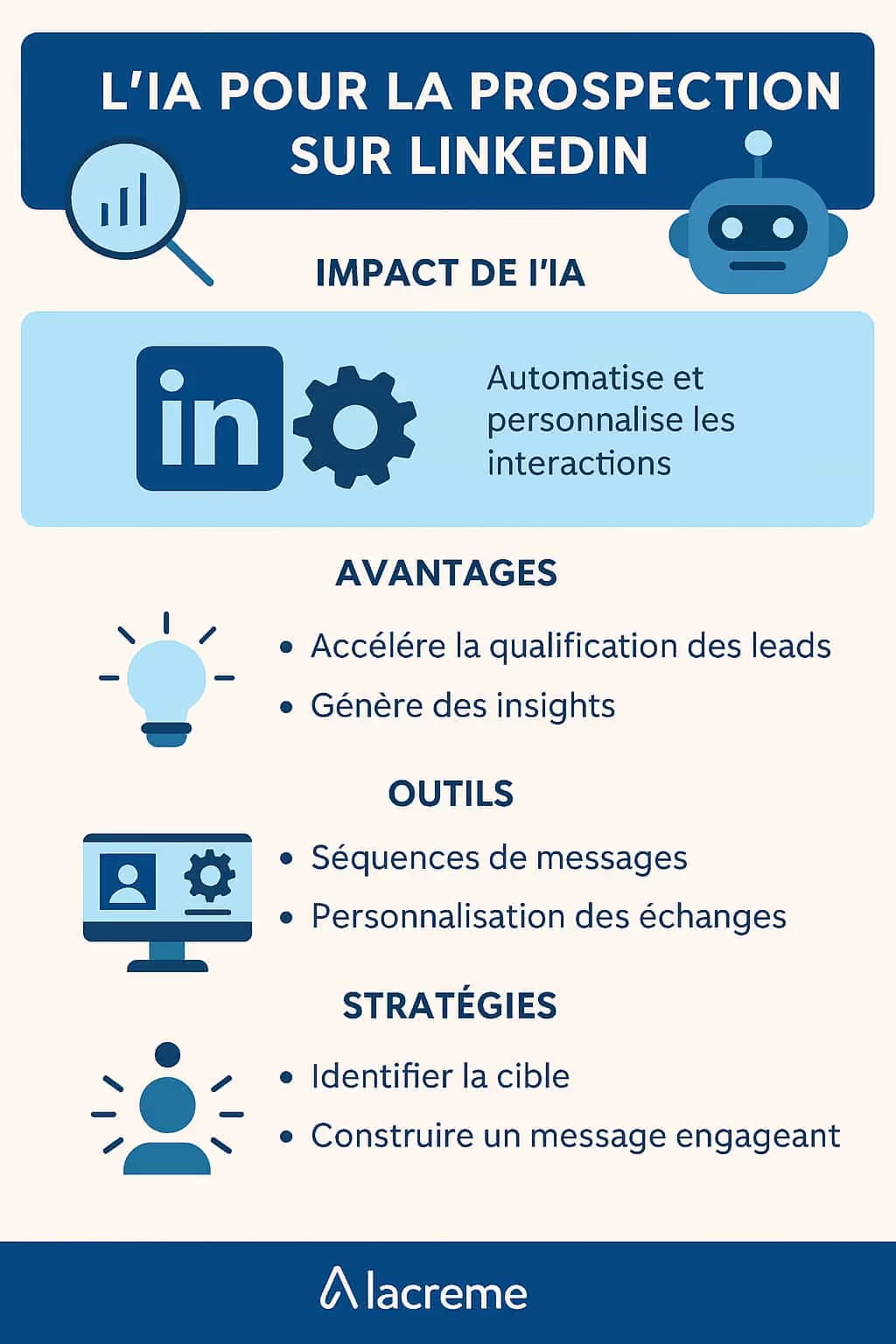THEartificial intelligence (IA) is now at the heart of a revolution that is crossing many fields, including that of continuing vocational training. As technical skills and mastery of new technologies become essential, training centers are adapting to incorporate AI into their programs. In this article, we'll explore in detail how AI is transforming vocational training and what that means for adults looking to improve or diversify their skills.
The Foundations of Artificial Intelligence for Vocational Training
What is Artificial Intelligence in Continuing Education?
AI in continuing education refers to the use of systems that simulate human intelligence to facilitate and personalize adult learning. These systems can take the form of online learning platforms that adapt to the pace and level of each learner,virtual assistants to help solve specific problems, or simulators to practice skills in a virtual environment.
AI and its transformative role in adult education
The involvement of AI in continuing education programs is a powerful lever for transformation. Among other things, it makes it possible to adapt educational content to individual needs, to provide instant feedback, and to offer unparalleled flexibility in terms of learning modalities. It also paves the way for a better understanding of career paths and a more accurate prediction of future skills needs.
The Artificial Intelligence Training Offer: Overview
The Various Programs and Certifications in AI
Faced with growing demand, many continuing education centers now offer diversified AI programs. These courses may vary from short courses aimed at understanding fundamentals of AI, up to professional certifications or specialized courses for jobs in Data scientist Or ofmachine learning engineer. These programs are often designed in collaboration with companies in the technology sector, thus ensuring a match between the skills taught and the needs of the labor market.
Integrating AI into Training Strategies: For Who and Why?
The integration of AI into continuing education strategies is aimed at a wide audience: professionals who want to retrain, employees looking to improve in their field, or even business leaders who want to understand the challenges associated with AI. The aim is to provide the tools necessary to remain competitive in a world in constant technological change.
Innovative Teaching Techniques Powered by AI
Adaptive Learning in the Age of AI
Educational techniques are being enriched with the arrival of AI. THEadaptive learning is one of these revolutionary methods. It is an approach where the learning path is automatically adjusted based on the learner's interactions with the content. This optimizes the effectiveness of the time spent learning and increases information retention rates.
Virtual Tutors at the Service of the Learner
Les virtual tutors, powered by AI, are able to assist learners in a personalized way. They can answer questions, suggest additional exercises in case of difficulties, or recommend additional resources. These virtual assistants are a form of permanent support, accessible at any time, which is a great asset for adults who often have to juggle training with professional or personal responsibilities.
Financing your Artificial Intelligence Training
Available Support Systems and Financial Aids
The cost of a AI training can be a hindrance for some professionals. Fortunately, various support systems and financial assistance are available. This includes public schemes such as the Personal Training Account (CPF), grants from the Regions, or even training insurance funds for professional branches. Scholarships can also be awarded by private institutions or associations, depending on professional profiles and projects.
Preparing for your Professional Future with AI
Key Skills to Acquire in AI Training
It is crucial to identify the key skills to acquire for professionals who want to acquire evolve in the field of AI. This includes an understanding of machine learning algorithms and methods, mastery of relevant programming tools and languages (like Python), as well as skills in data management. A familiarity with ethical aspects of AI and regulations are also increasingly sought after.
Assessment and Prospects: The Impact of AI on Tomorrow's Careers
AI is in the process of fundamentally transforming the labour market. Assessing its impact helps to anticipate career transformations and the emergence of new jobs. It is therefore essential for workers and employers to be proactive in understanding and adopting AI in order to take advantage of its opportunities while mitigating its potential risks. Continuing education in AI plays an essential role in this preparation for the professional future.
In conclusion, the integration of artificial intelligence in continuing education centers is crucial to meet the challenges of the digitization of the global economy and the rapid technological development. By sequencing the various aspects of AI in the context of adult education, this article highlighted the multiple ways in which professionals can take advantage of this powerful tool to shape their career development and remain relevant in their respective fields.






